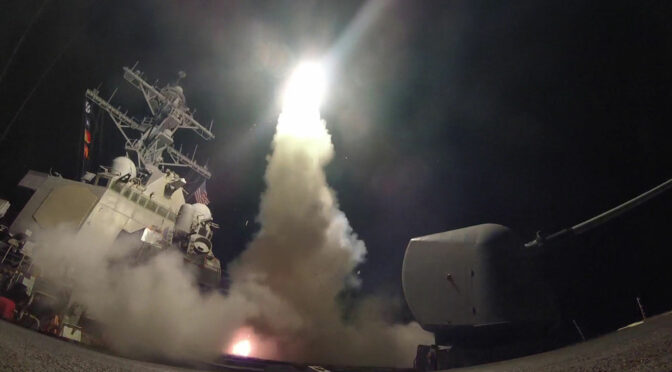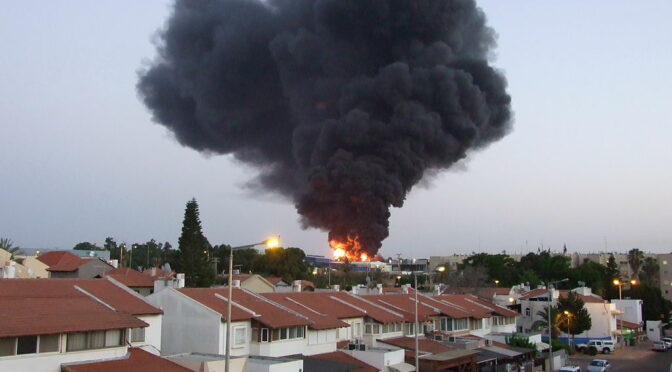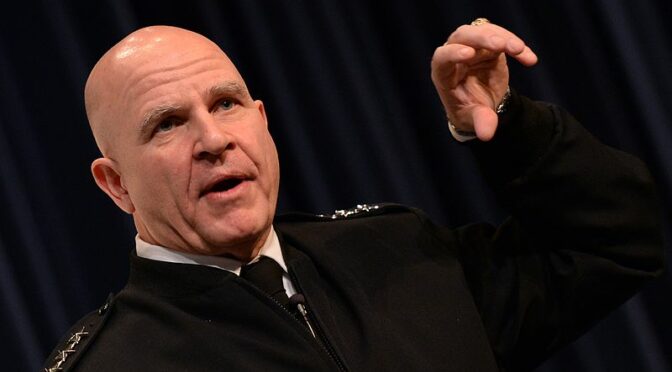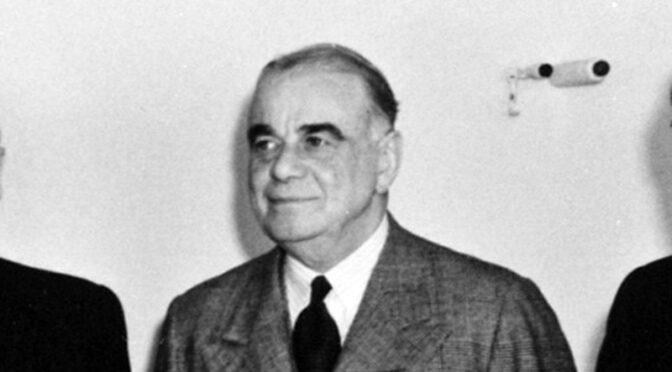Article published in The Daily Mail on 26 April 2017. © Richard Kemp
There cannot be many more heinous crimes than helping to frame those who risk their lives for their country.
It takes a particularly warped mind to do such a thing — to assist our enemies in falsely accusing the bravest of soldiers of rape, murder and torture.
It takes an even more twisted mind to profit from drawing up such allegations to the tune of many millions of pounds.
But for the past decade, that’s exactly what some unscrupulous lawyers are accused of doing.
The one who’s been shamed, Phil Shiner of Public Interest Lawyers (was ever a firm more grossly misnamed?), led a witch-hunt against British troops in Iraq, making false claims they brutally and, in some cases, fatally ill-treated civilians.
Earlier this year, following the closure of his firm last summer, Shiner was finally struck off after being convicted of a string of professional misconduct charges.
Now, Martyn Day of law firm Leigh Day is up against the Solicitors Disciplinary Tribunal — along with his colleagues Sapna Malik and Anna Crowther.
The firm faces 19 professional misconduct charges for the way it brought claims against British soldiers for supposed ‘war crimes’ in Iraq.
On Monday, the scale of its alleged wrongdoing was revealed by Tim Dutton QC, who is representing the Solicitors Regulation Authority.
‘Over a period of more than seven years, Martyn Day, Sapna Malik and Leigh Day made and maintained allegations that soldiers in the British Army had murdered, tortured and mutilated innocent Iraqi civilians,’ said Mr Dutton. Continue reading










